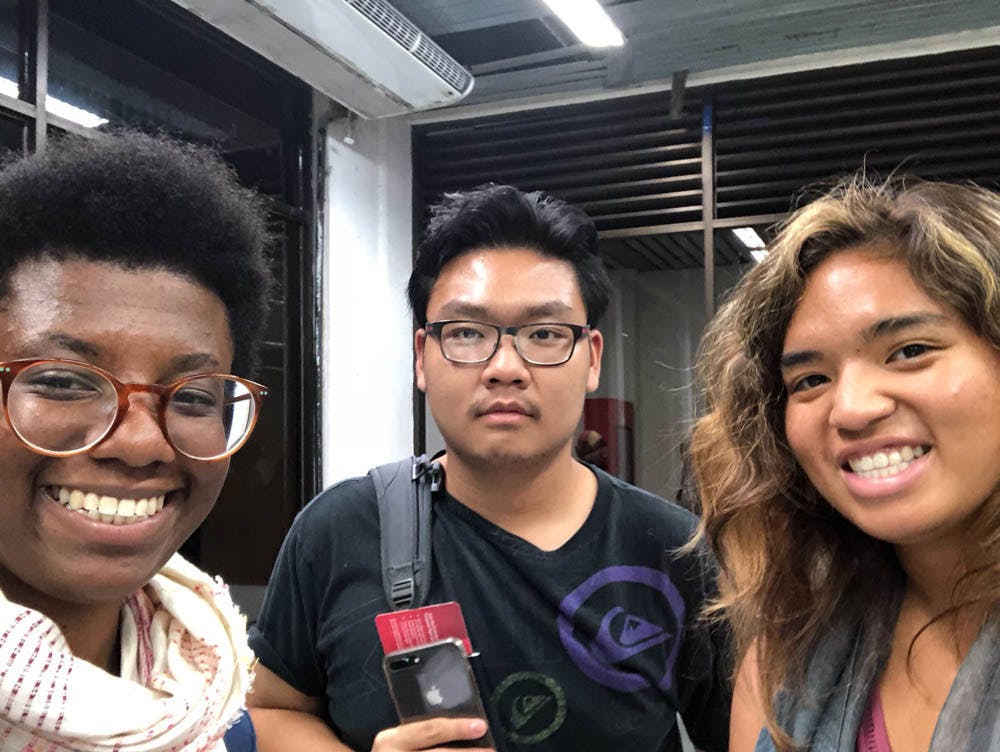After spending a summer volunteering in a Rohingya refugee camp in Bangladesh, Olivia Cummings ’19, Huy Nguyen ’19 and Briana Chung ’19 were inspired to create a club to raise awareness and generate support for the civilians displaced by sectarian violence in Myanmar. The students partnered with Health and Education for All — a nonprofit created by Associate Professor of Surgery Ruhul Abid that provides free health care to Rohingya refugees — to establish the Solidarity with the Rohingya People Club.
Through the club’s platform, the students hope to “fundraise for HAEFA” and support Abid’s humanitarian work, Nguyen said. In Abid’s pursuit to provide the displaced Rohingya people with free, quality health care, HAEFA uses electronic medical records to help ensure continuity and accuracy when medically treating refugees.
“Abid is really interested in working with undergrads,” Cummings said, adding that he enables students to make an impact. “If someone has an idea that could be beneficial to” Rohingya refugees, Abid will seriously consider implementing it to “really help people,” she said.
The students also want “to educate the general Brown community about this (humanitarian) issue,” Nguyen said. Last summer the Myanmar army attacked Rohingya villages and caused about 700,000 Rohingya people to flee to Bangladesh, the New York Times previously reported. “The Rohingya people is an ethnic and religious minority in Myanmar,” he said. “Ethnic tension has been simmering throughout history between the Rohingya and the majority.”
Ultimately, the students’ experience of volunteering in the refugee camp inspired them to take further action after returning to campus. Cummings, Nguyen and Chung organized a teach-in on campus where Abid spoke about HAEFA and the refugee crisis.
As the club co-founders plan to attend medical school in the future, their time observing the refugee clinic and engaging in non-medical work at the camp was particularly eye-opening, they said.
Within these environments, “the patients do not have a lot of agency,” Nguyen said. “We saw a lot of young children who came to the clinic just by themselves, and we didn’t even know if they understood what (medicine) they were supposed to take, so agency is a problem. As future doctors, of course we’re going to have a lot of power (in) our hands, so it’s up to us to use that power in a meaningful way. To use that power so you can bring justice to other people.”
Looking ahead, the three students will host another meeting to recruit new members. They will also hold events featuring guest speakers from Brown and other universities to talk about the Rohingya people and other refugee crises across the globe, he added.
“One part of the future (of the club) would be having a space where people can have conversations about what it means to work in the humanitarian area and to work in global health as people living in the (United States),” Cummings said.





